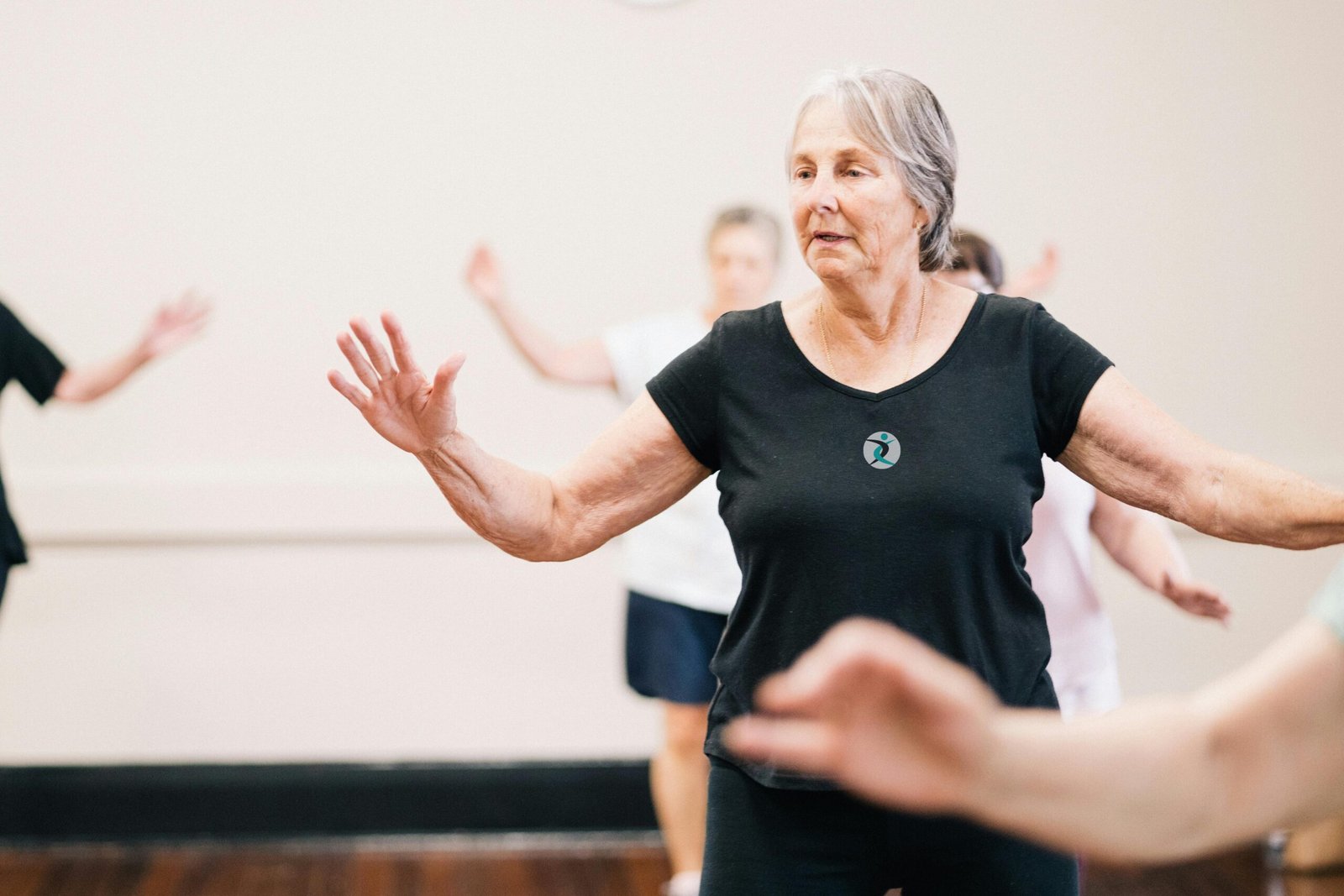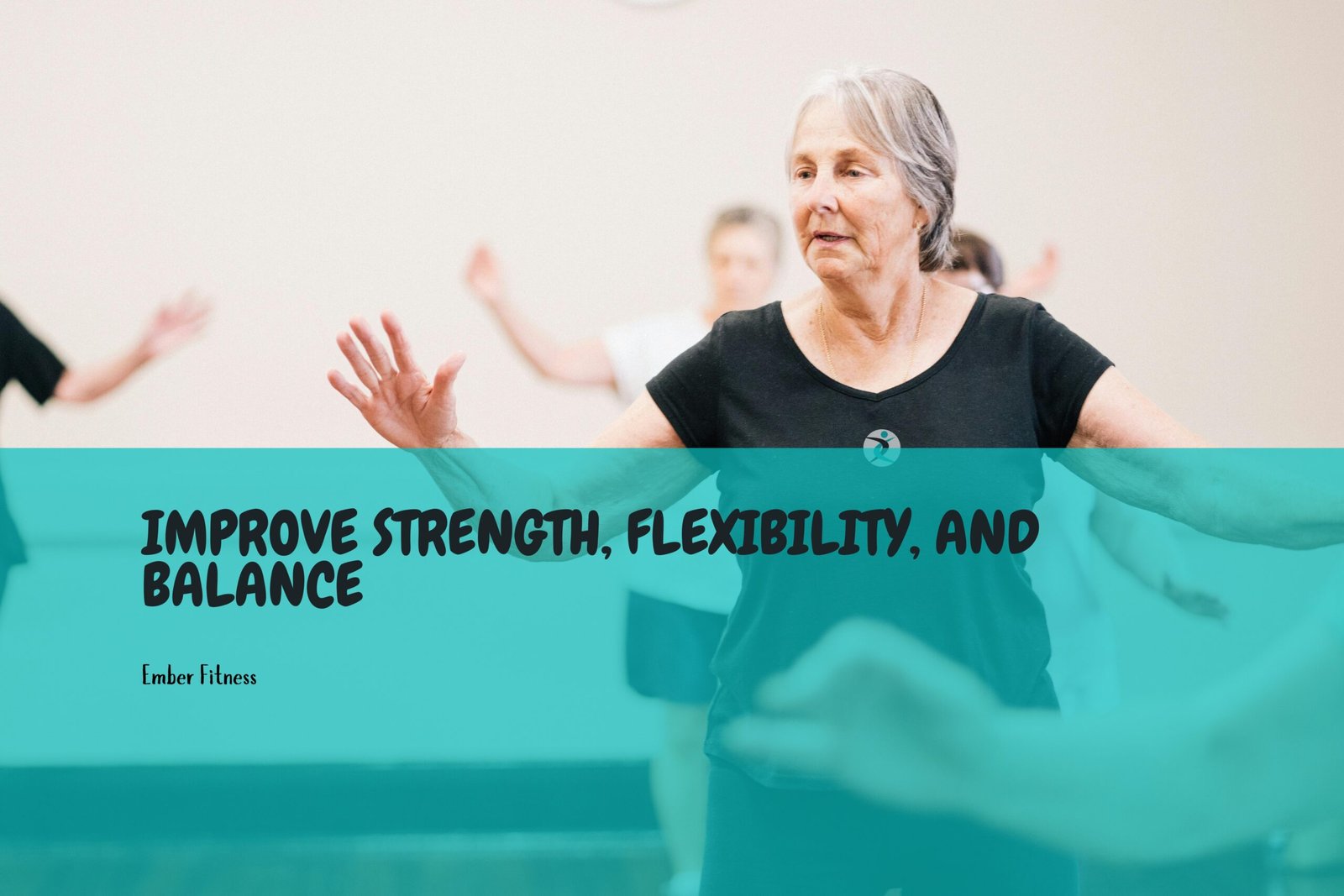
Aging is natural, but losing your sharp mind doesn’t have to be. Many seniors and adults ask: “How can I improve cognitive function and keep my brain active?” The good news is that research shows you can boost brain health at any age through exercise, nutrition, and mental stimulation.
This guide will walk you through practical strategies to improve memory, focus, and overall cognitive health. helping you stay independent, active, and confident.
Table of Contents
Understanding Cognitive Function
Cognitive function refers to how your brain processes information, solves problems, remembers details, and maintains focus. These abilities are essential for everyday tasks like remembering names, following recipes, or managing finances.
Factors that affect cognitive health include genetics, physical health, diet, and lifestyle. While we can’t control everything, there are proven strategies to improve cognitive function naturally.
Why Cognitive Health Matters for Seniors
For seniors, maintaining cognitive health is more than just avoiding memory loss .It means independence, safety, and quality of life. Declining mental sharpness can affect:
-
Daily tasks: cooking, paying bills, medication management.
-
Physical safety: balance, reaction time, and fall prevention.
-
Emotional wellbeing: confidence, reduced anxiety, and social connection.
By focusing on strategies that enhance mental sharpness, you protect not only your brain but also your freedom.

External link: Alzheimer’s Society – Staying socially active
Best Exercises to Improve Cognitive Function
Physical activity isn’t just for your body .It’s also for your brain. Exercise increases blood flow, stimulates neural connections, and reduces the risk of cognitive decline.
Top Exercises for Brain Health:
-
Aerobic workouts: brisk walking, swimming, or cycling improve blood circulation to the brain.
-
Strength training: lifting light weights helps with coordination and memory.
-
Balance and flexibility exercises: yoga and tai chi improve focus and reduce stress.
Research shows that just 30 minutes of moderate exercise, five times a week, can significantly improve memory and focus.
Nutrition and Brain Health
“You are what you eat” applies to the brain too. A diet rich in antioxidants, omega-3 fatty acids, and vitamins supports long-term cognitive health.
Foods that Boost Brain Health:
-
Fatty fish (salmon, tuna, mackerel) – rich in omega-3.
-
Leafy greens (spinach, kale, broccoli) – packed with antioxidants.
-
Berries – enhance memory and focus.
-
Nuts and seeds – improve blood flow to the brain.
Tip: The Mediterranean diet is one of the most recommended for boosting brain health and preventing memory decline.

External link: Harvard Health – Foods linked to better brainpower
Lifestyle Habits that Enhance Mental Sharpness
Beyond diet and exercise, daily habits play a big role in keeping the brain sharp.
-
Stay curious: read books, take classes, or learn a new skill.
-
Limit alcohol and smoking: both are linked to memory decline.
-
Stay hydrated: dehydration impacts focus and energy.
Simple lifestyle changes can improve memory and focus dramatically over time.
The Role of Social Interaction
Staying socially active is as important for your brain as it is for your heart. Social connection reduces loneliness and stimulates cognitive health for seniors.
Ideas to stay engaged:
-
Volunteer in your community.
-
Schedule regular family calls or meetups.
Cognitive Training and Brain Games
Your brain is like a muscle , the more you use it, the stronger it gets. Cognitive training can delay decline and enhance mental sharpness.
Examples of Brain Training Activities:
-
Crossword puzzles and Sudoku.
-
Memory games and card matching.
-
Learning a new language or musical instrument.
-
Apps like Lumosity or Elevate.

External link: National Institute on Aging
Sleep and Stress Management
Sleep is when your brain recharges, repairs, and stores memories. Chronic stress and poor sleep can harm your cognitive health.
Brain-Healthy Sleep Tips:
-
Stick to a bedtime routine.
-
Avoid screens before bed.
-
Try relaxation techniques like meditation or deep breathing.
Professional Support for Cognitive Health
Sometimes, professional guidance is necessary. A certified fitness instructor for seniors can create programs that blend physical exercise with cognitive benefits. Nutritionists, therapists, and trainers can all play a role in keeping your brain and body strong.
Conclusion: Your Path to Lasting Cognitive Wellness
Improving cognitive function is not about quick fixes, it’s about building habits that last a lifetime. Through exercise, nutrition, mental challenges, and social engagement, you can boost brain health and maintain independence.
The journey to a sharp mind begins with small daily actions. Start today, and invest in a healthier, brighter tomorrow.





